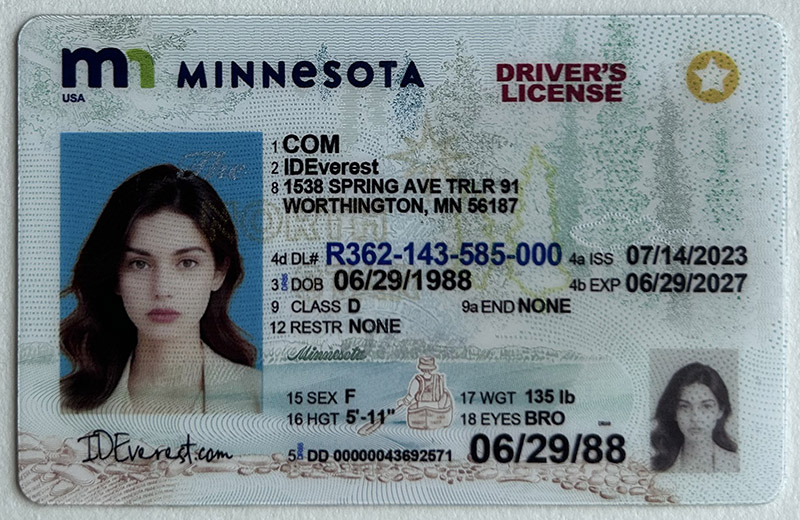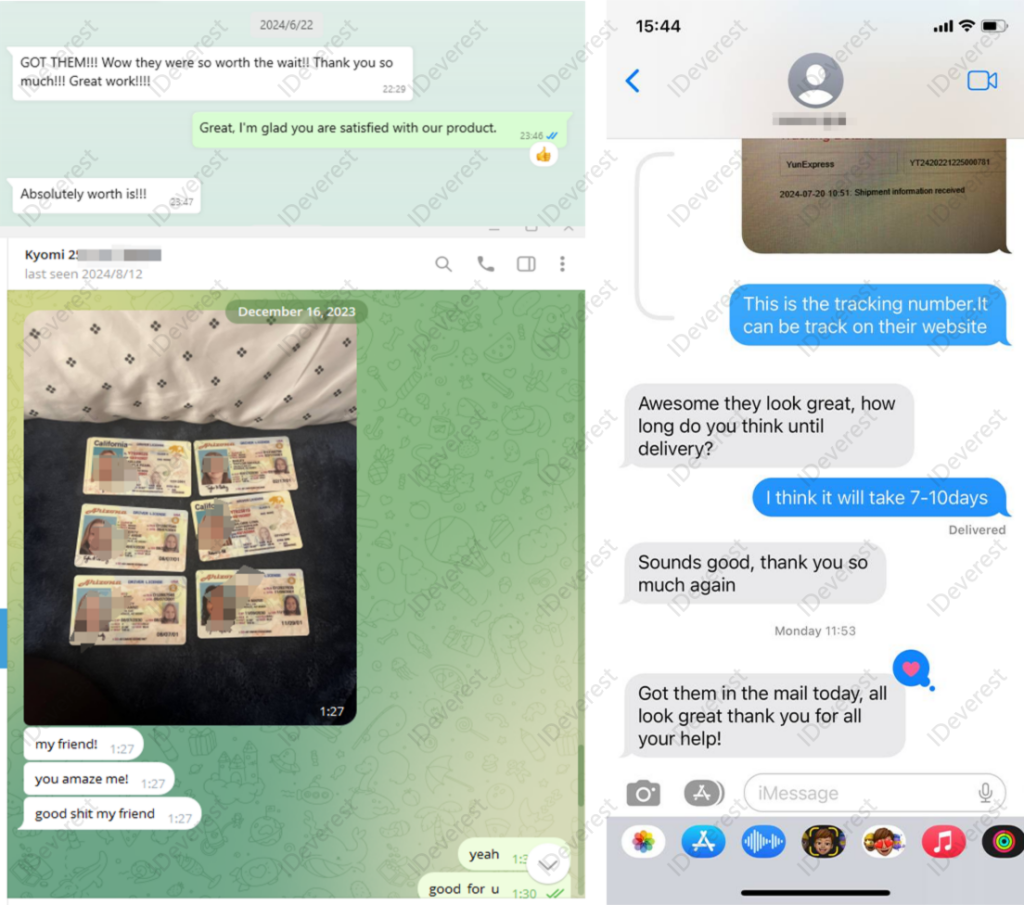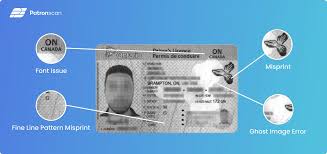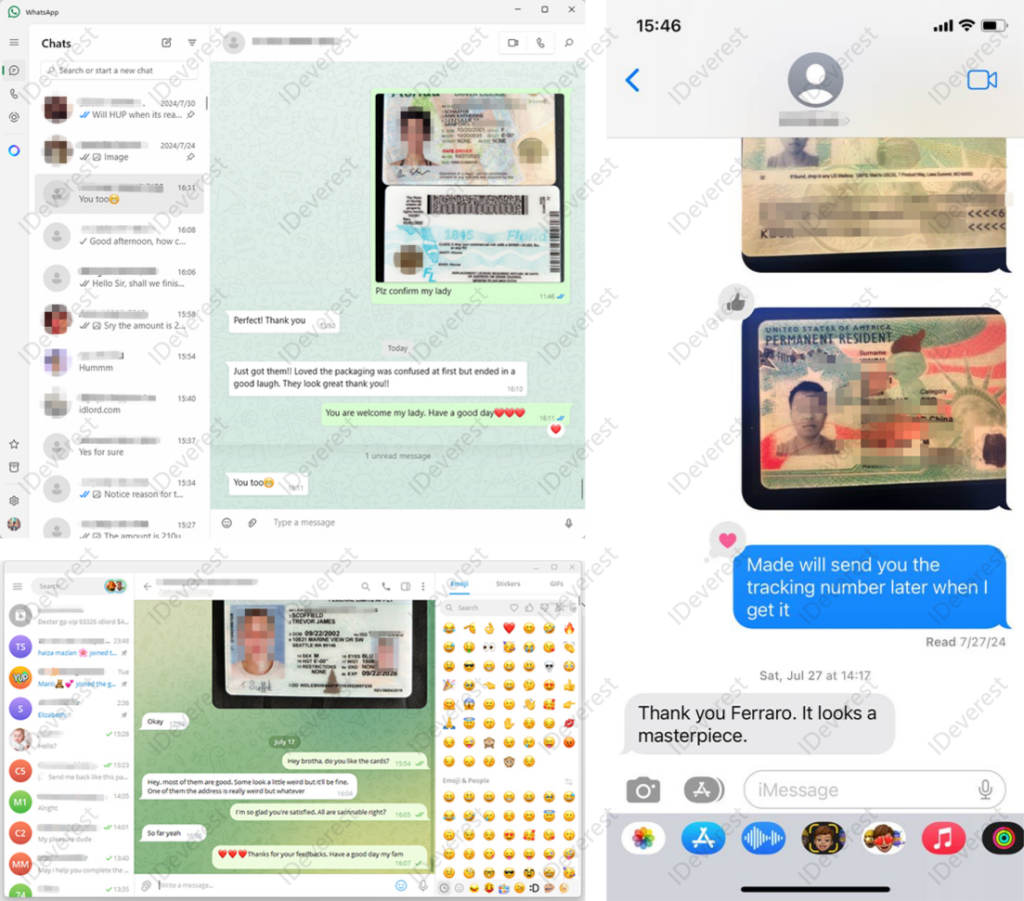faked id
Faked ID: A Comprehensive Overview
Introduction
In an increasingly digitized world, the demand for authentic-looking identification documents has grown substantially. Among various types of identification, fake IDs are often sought after for various purposes. This article provides an in-depth exploration of the concept of "faked IDs," including a detailed product introduction, key features, frequently asked questions (FAQs), user reviews, potential issues encountered during use, and effective solutions. By the end, we will draw a comprehensive conclusion on the subject.
Product Introduction
A "faked ID" refers to a counterfeit identification card that mimics the appearance, design, and functionalities of a legitimate ID, such as a driver's license, student ID, or passport. These IDs are primarily used by individuals seeking to bypass age restrictions, gain unauthorized access to venues, or participate in activities that require proof of identity.
Faked IDs are crafted using high-quality materials and advanced printing techniques to ensure they closely resemble the original documents. The manufacturers of these IDs often incorporate features such as holograms, UV-sensitive elements, and microtext to enhance their authenticity. While the production and use of fake IDs are illegal in many jurisdictions, they remain in demand for various reasons, making them a product of interest for a specific demographic.
Key Features of Faked IDs
Realistic Design and Layout:Faked IDs are designed to closely mirror the appearance of authentic identification cards. This includes the use of official colors, fonts, and layouts that are typically used by government or institutional issuers. The goal is to create an ID that can pass casual inspection and, in some cases, even fool more rigorous scrutiny.
Advanced Security Features:To further enhance their authenticity, faked IDs often include security features such as holographic overlays, UV light-sensitive elements, and microtext. These features are designed to mimic those found on legitimate IDs, making them more difficult to detect as fakes.
Customizable Information:Buyers can often customize the information on their faked ID, including name, date of birth, address, and photograph. This personalization ensures that the ID appears to be genuinely issued to the user, increasing its credibility.
Durability:Faked IDs are usually made with durable materials such as PVC or polycarbonate, similar to those used in real IDs. This ensures that the ID can withstand wear and tear, making it useful over an extended period.
Affordable Pricing:While the cost of a faked ID can vary depending on the complexity of the design and the quality of materials used, they are generally priced to be affordable for the target demographic. This pricing strategy makes them accessible to a wide range of users.
Frequently Asked Questions (FAQs)
Q1: Is it legal to own or use a faked ID?
A: The legality of owning or using a faked ID depends on the jurisdiction. In most countries, the production, sale, and use of fake IDs are illegal and can result in severe penalties, including fines and imprisonment. It is important to be aware of the legal implications before obtaining or using a fake ID.
Q2: How can I tell if a faked ID will pass inspection?
A: The quality of a faked ID can vary significantly depending on the manufacturer. While some high-quality faked IDs may pass casual inspection, they are more likely to be detected during more rigorous checks, such as scanning or UV light examination. It's crucial to understand the limitations of a faked ID and not to rely on it in situations where thorough verification is likely.
Q3: Can a faked ID be customized?
A: Yes, most faked ID providers offer customization options, allowing you to choose your own name, photograph, date of birth, and other details. This customization is intended to make the ID appear as if it genuinely belongs to the user.
Q4: What are the risks associated with using a faked ID?
A: Using a faked ID comes with significant risks, including legal consequences if caught. Additionally, there is the risk of identity theft if personal information is provided to an untrustworthy source. Users should weigh these risks carefully before deciding to obtain a faked ID.
Q5: Where can I buy a faked ID?
A: Faked IDs are often sold on the dark web or through online marketplaces. However, purchasing a faked ID is illegal in many jurisdictions, and there is always a risk of being scammed or receiving a low-quality product.
User Reviews
Review 1: Satisfied but Cautious
"I purchased a faked ID to gain entry into clubs with strict age policies. The ID looks very realistic, and I've had no issues so far. However, I’m always nervous about getting caught, so I only use it in situations where I’m confident it won’t be closely inspected."
Review 2: Mixed Experience
"My faked ID was decent, but it didn't pass the scanning test at one bar. The holograms and design were spot-on, but the barcode didn’t work. I would advise others to be cautious and not to rely too heavily on these IDs."
Review 3: Not Worth the Risk
"I thought a faked ID would be a quick solution, but the stress and potential legal consequences aren’t worth it. Mine worked for a while, but I’ve since stopped using it. The risk just outweighs the benefits."
Review 4: Impressed with the Quality
"I was impressed by the quality of the faked ID I received. It looks almost identical to a real one, with all the security features. However, I’m still very careful about where and how I use it."
Issues Encountered During Use and Solutions
Issue 1: ID Does Not Pass Scanning
Many users find that their faked IDs do not pass the barcode or magnetic strip scanning tests used in some venues. This issue arises because the technology used to produce faked IDs may not be sophisticated enough to replicate the encoded information on real IDs.
Solution: To avoid this issue, users should research faked ID providers who specialize in IDs with functional barcodes and magnetic strips. However, it is crucial to remember that even the most sophisticated faked ID can still be detected by high-quality scanning equipment.
Issue 2: Inconsistencies in Design
Some faked IDs may have minor inconsistencies in the design, such as incorrect fonts or poorly aligned text, which can raise suspicion.
Solution: When ordering a faked ID, request a sample or detailed images of the product beforehand. This allows you to assess the quality and ensure that the design is accurate. Opt for providers with a reputation for high-quality craftsmanship.
Issue 3: Legal Consequences
One of the most significant issues with using a faked ID is the risk of legal repercussions if caught. In many jurisdictions, this can lead to serious penalties.
Solution: The most effective way to avoid legal consequences is to not use a faked ID at all. If you choose to use one, it’s essential to be fully aware of the local laws and the potential risks involved. In some cases, alternative solutions, such as waiting until you are of legal age, may be safer and more prudent.
Issue 4: Identity Theft Risk
When purchasing a faked ID, there is a risk of identity theft if personal information is provided to an untrustworthy source.
Solution: Only purchase faked IDs from reputable sources that prioritize customer privacy. Use encrypted communication methods and consider using pseudonyms to minimize the risk of identity theft.
Conclusion
Faked IDs, while intriguing and often sought after for various reasons, come with significant risks and ethical considerations. The product is designed to mimic legitimate identification, with realistic features and customizable options. However, the use of such IDs is illegal in many areas and can lead to serious legal consequences.
Users who choose to obtain a faked ID should be aware of the potential issues, such as failing scanning tests, design inconsistencies, and the risk of identity theft. It is essential to approach the use of faked IDs with caution, understanding both the limitations of the product and the legal implications of its use.
Ultimately, while a faked ID may provide short-term benefits, the long-term risks may outweigh these advantages. As with any decision that carries legal and ethical consequences, it is crucial to weigh the pros and cons carefully. In most cases, seeking legal, legitimate alternatives to address the underlying need for a faked ID may be a wiser choice.
 Scannable Fake Minnesota Drive
Scannable Fake Minnesota Drive
 scannable Fake Arizona DL
scannable Fake Arizona DL
 scannable Fake New Jersey DL
scannable Fake New Jersey DL
 scannable Fake Florida DL
scannable Fake Florida DL